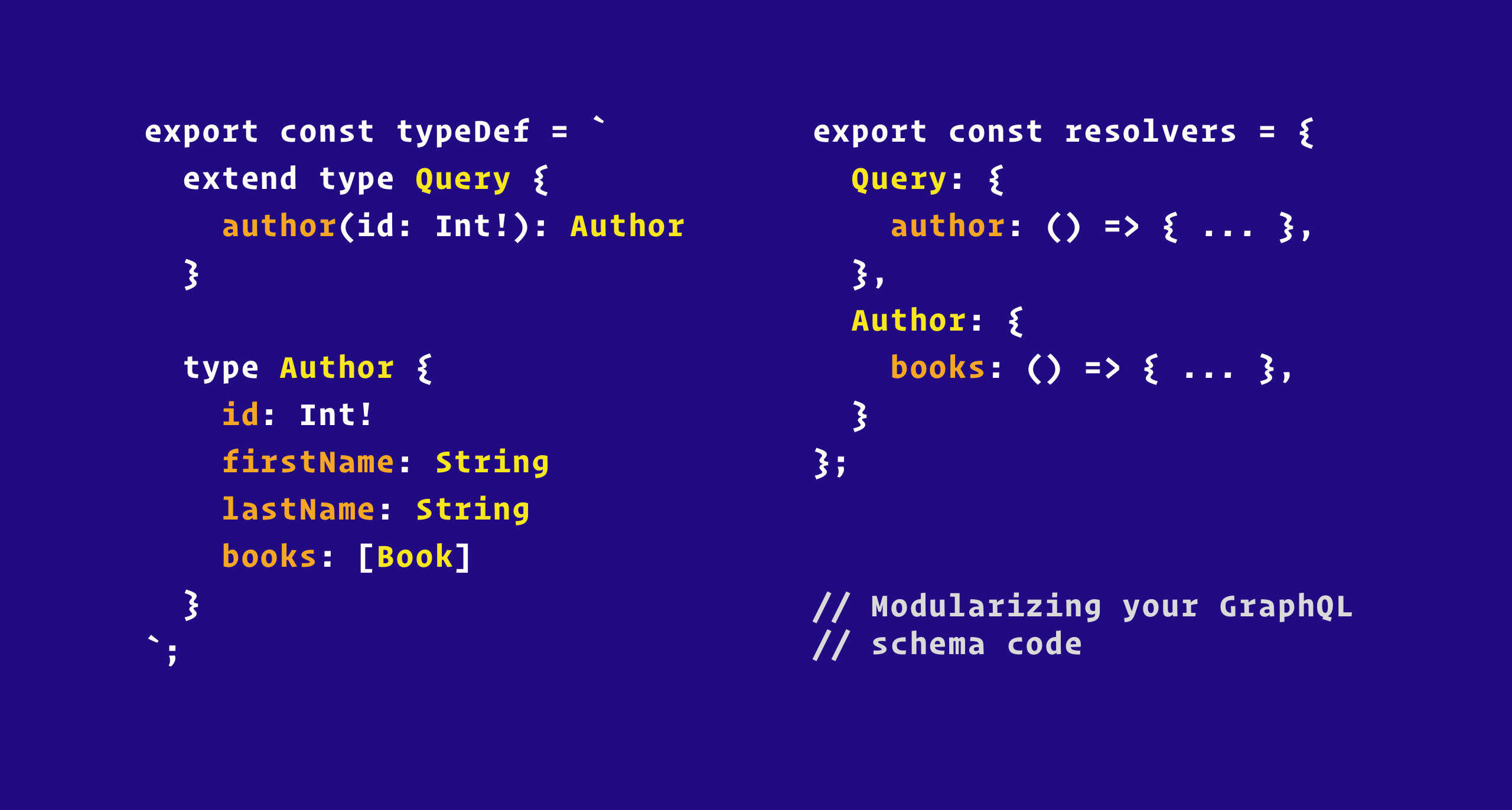January 6, 2024

さっそくGraphQLスキーマを使ってみましょう。今日、私たちは単なる理論の話ではなく、物事の実際的な側面に飛び込んでいます。GraphQL の魔法を実装しようとしているので、気を引き締めてください!
1。という名前の新しいファイルを作成します。 「回路図。」 graphql ディレクトリにあります。このファイルを使用して、graphql サーバーのすべてのタイプを定義します。
2。タイプを定義してください。 「投稿」 次のアイテムが含まれています
(a) ID
(b) タイトル
(c) コンテンツ
type Post {
id: ID! # id of the post
title: String! # title of the post
content: String! # textual content of the post
}
3。タイプを定義してください。 「ユーザー」 次のアイテムが含まれています
(a) ID
(b) ユーザー名
(c) 電子メール
(d) 投稿:投稿がユーザーとどのように関連しているかを示します
type User {
id: ID! # id of the user
username: String! # username of the user
email: String! # email of the user
posts: [Post] # posts written by the user
}
4。ユーザーと投稿を取得するための 2 つのクエリタイプを定義します。
type Query {
getUser(id: ID): User # query that will return user
posts:[Post] # query that will return list of post
}
5。これらすべてのタイプを graphql string にまとめて、モジュールとしてエクスポートします。
const typeDefs = `#graphql
type Query {
getUser(id: ID): User
posts:[Post]
}
type User {
id: ID!
username: String!
email: String!
posts: [Post]
}
type Post {
id: ID!
title: String!
content: String!
}
`;
export default typeDefs;
6。このエクスポートされたファイルを graphql サーバーインスタンスで使用できます。
// importing typedefs aka schema
import typeDefs from "./graphql/schema";
const server = new ApolloServer({
typeDefs, // using schema in our graphql server
resolvers,
});
あれを見て!私たちは、ユーザーとその投稿のための居心地の良いスペースを構築しています。
プロのヒント: 効率的なスキーマリレーションシップにより、アプリはチャンピオン並みのパフォーマンスを発揮できます。
完全なサンプルは Github で閲覧およびフォークできます。 graphql スキーマの実装
次回のブログでは、ここでスキーマで定義されたクエリのリゾルバーを実装し、投稿とユーザーの関係がどのように機能するかを理解しようと思います。